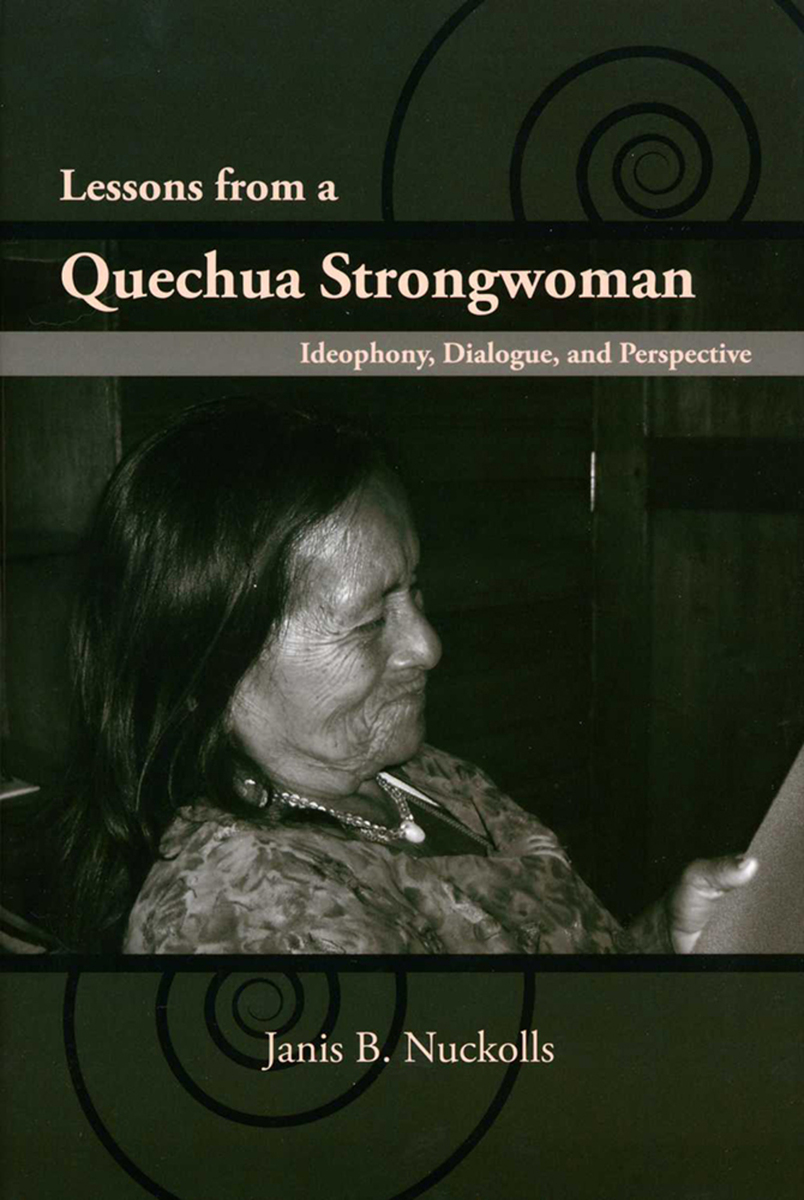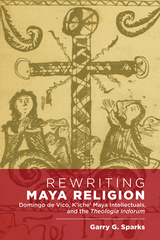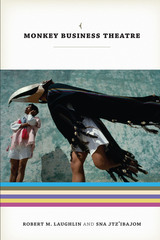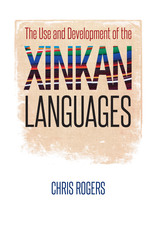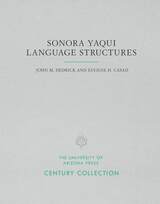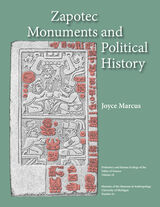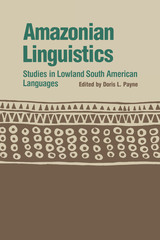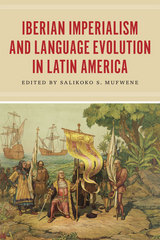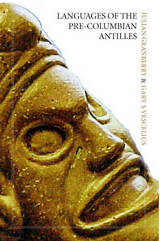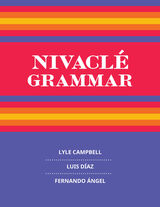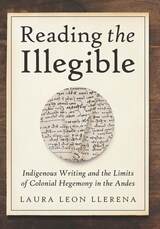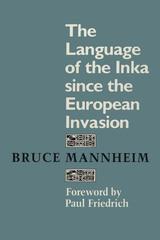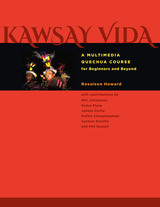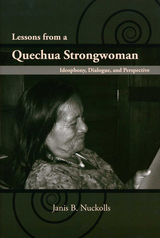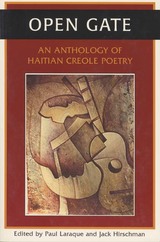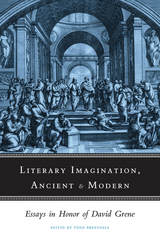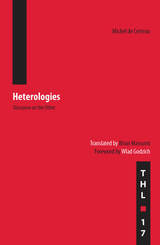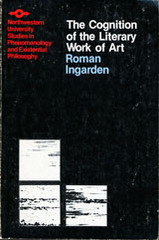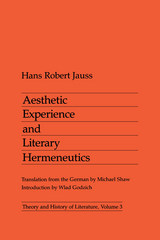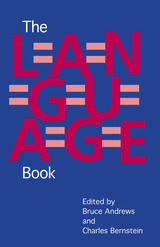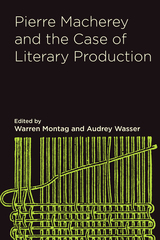Lessons from a Quechua Strongwoman: Ideophony, Dialogue, and Perspective
University of Arizona Press, 2010
Cloth: 978-0-8165-2858-5 | eISBN: 978-0-8165-0179-3
Library of Congress Classification PM6309.5.P89N83 2010
Dewey Decimal Classification 498.323
Cloth: 978-0-8165-2858-5 | eISBN: 978-0-8165-0179-3
Library of Congress Classification PM6309.5.P89N83 2010
Dewey Decimal Classification 498.323
ABOUT THIS BOOK | AUTHOR BIOGRAPHY | REVIEWS | TOC
ABOUT THIS BOOK
Using the intriguing stories and words of a Quechua-speaking woman named Luisa Cadena from the Pastaza Province of Ecuador, Janis B. Nuckolls reveals a complex language system in which ideophony, dialogue, and perspective are all at the core of cultural and grammatical communications among Amazonian Quechua speakers.
This book is a fascinating look at ideophones—words that communicate succinctly through imitative sound qualities. They are at the core of Quechua speakers’ discourse—both linguistic and cultural—because they allow agency and reaction to substances and entities as well as beings. Nuckolls shows that Luisa Cadena’s utterances give every individual, major or minor, a voice in her narrative. Sometimes as subtle as a barely felt movement or unintelligible sound, the language supports an amazingly wide variety of voices.
Cadena’s narratives and commentaries on everyday events reveal that sound imitation through ideophones, representations of dialogues between humans and nonhumans, and grammatical distinctions between a speaking self and an other are all part of a language system that allows for the possibility of shared affects, intentions, moral values, and meaningful, communicative interactions between humans and nonhumans.
This book is a fascinating look at ideophones—words that communicate succinctly through imitative sound qualities. They are at the core of Quechua speakers’ discourse—both linguistic and cultural—because they allow agency and reaction to substances and entities as well as beings. Nuckolls shows that Luisa Cadena’s utterances give every individual, major or minor, a voice in her narrative. Sometimes as subtle as a barely felt movement or unintelligible sound, the language supports an amazingly wide variety of voices.
Cadena’s narratives and commentaries on everyday events reveal that sound imitation through ideophones, representations of dialogues between humans and nonhumans, and grammatical distinctions between a speaking self and an other are all part of a language system that allows for the possibility of shared affects, intentions, moral values, and meaningful, communicative interactions between humans and nonhumans.
See other books on: Dialogue | Ecuador | Lessons | Perspective | Semantics
See other titles from University of Arizona Press
